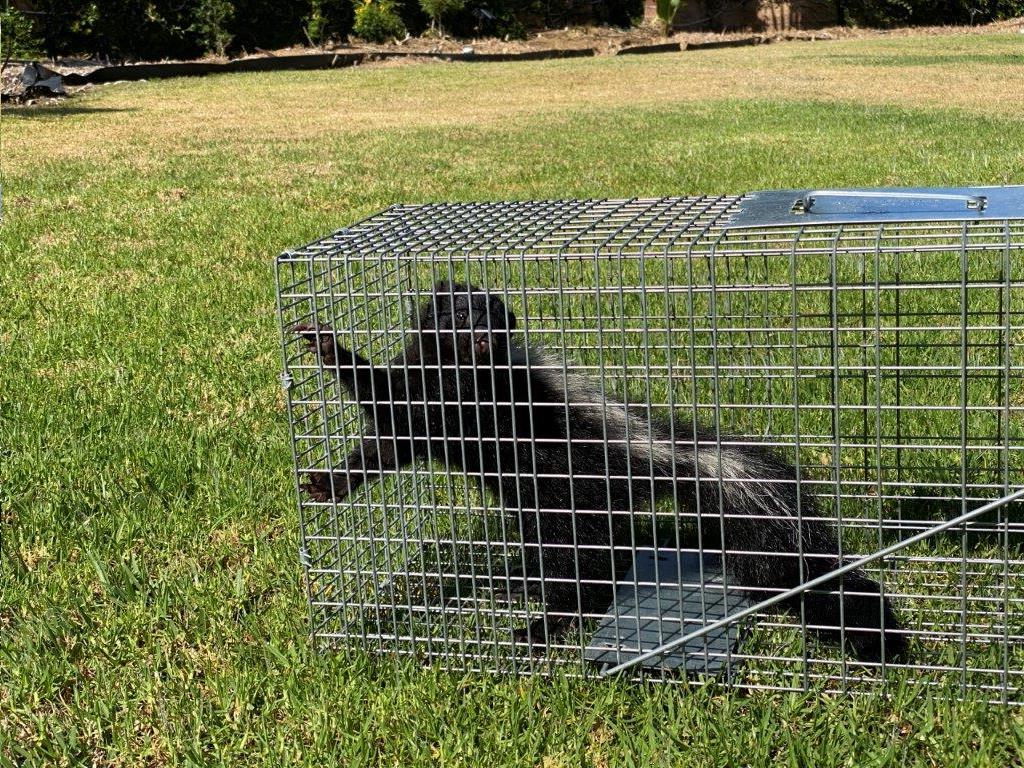
Skunks are known to be very adaptable to their environment and survive and thrive in most places, may it be rural or urban. Different skunk species also have different preferences on where they live, but some of the most frequent places that they like are woodlands, forests, scrublands, and even agricultural and urban areas. Because they live in such a diverse set of places, the skunk species also have a lot of animal predators, most of whom are ground and aerial predators. The skunk’s defense mechanism is to spray, and sometimes, they bite and chase away creatures. However, since they aren’t really fighters, a predator’s success in making a skunk their prey will largely depend on their tolerance against the skunk’s utterly horrible spray.
Up Above
Unfortunately for the skunk, his spraying defense mechanism is entirely useless to flying predators, and it is powerless against their attacks. Birds usually only go down to a skunk’s level when they’re ready to strike, so the skunk smell will not be that much of a trouble for aerial predators. However, birds like the red-tailed hawk and the great horned owl are excellent skunk predators because they have little to no sense of smell, so the skunk’s defense mechanism is really useless for them.
Down Below
There are numerous ground carnivores that prey on skunks, and the exact number of creatures that actually prey on the skunk is not known because most would prefer not to get close to them. However, some known predators of the skunk species are domestic dogs, cougars, foxes, and coyotes. Predators will only prey on skunks if they don’t have any other options because getting soaked and sprayed in their terrible smell would also affect their future hunting abilities as this would alert other prey to their presence. Domestic dogs would not necessarily want to eat a skunk as much as play with it. If your dog has come into contact with a skunk, removing the smell can be tough, but one household solution can really help in getting rid of the odor. You will need 1 quart 3% hydrogen peroxide, ¼ cup baking soda, and 1 tsp liquid detergent. Mix this in a large, open container and make sure to use it immediately.
NOTE: Do not cover or store the mixture, as it will explode. To get rid of the extra solution, dilute it heavily with water and pour it down the sink.
In terms of finding food, skunks will often rely on smaller creatures to prey on. This is because they aren’t known as fighter animals, they don’t bite nor chase animals away, and their spray can only do so much. However, they still do have the ability to bite and kill, but they don’t use it often when catching prey. If they can’t find any smaller creatures that they can easily get to, they will result in foraging and looking for other sources of food, that’s why we can find them rummaging through garbage bins and plastic bags for food.
Go back to the Fayette County wildlife removal home page.